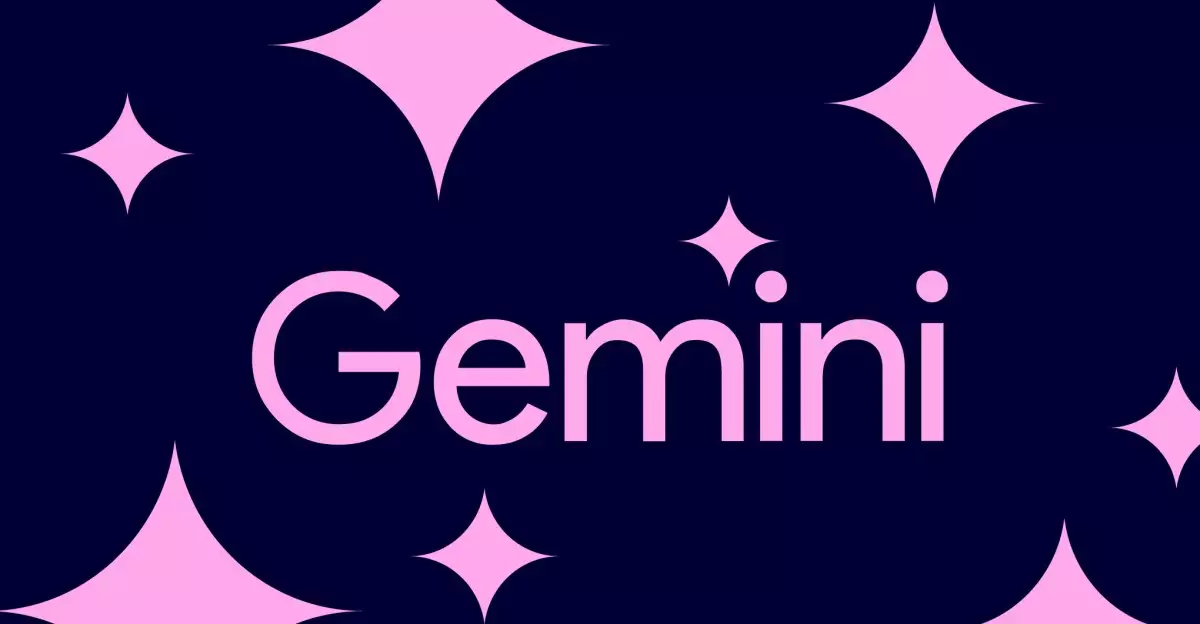In a bold move towards integrating artificial intelligence into everyday life, Google is poised to launch its Gemini apps for children under 13 who are using managed family accounts. The technology giant is leaning into a new frontier where young users can tap into AI’s vast compendium of knowledge to enhance their learning experience. Though this innovation opens up exciting educational possibilities, it begs the question of whether it’s entirely safe or appropriately monitored for its young audience.
Parental Controls: A Double-Edged Sword
Parents have generally embraced Google’s Family Link as a helpful tool for managing their children’s online activities. The system is designed to keep children safe in the digital space by allowing parents to set limits and monitor interactions. Even with these provisions, Google has made it clear in its communications that the Gemini AI can make errors. This transparency is crucial; however, it raises concerns about the reliability of information the apps process. The pitfalls of AI content creation are not just a matter of innocuous mistakes; they can delve into serious ethical dilemmas, especially when children are involved.
Education or Confusion? The Dangers of Misguided AI
While the allure of an AI-enabled educational resource is enticing, we must consider the underlying risks. There have been reports of children struggling to distinguish between human interaction and AI responses, causing confusion that could lead to emotional or psychological repercussions. For instance, if a child were to believe they are engaging with a real person, the potential for manipulation or exposure to inappropriate content looms large. Google’s avowal to refrain from using children’s data for AI training purposes offers a semblance of safety, yet it doesn’t eliminate the possibility of misinformation disseminated by the AI itself.
A Call for Vigilance and Dialogue
Google urges parents to maintain open conversations with their children about the nature of AI. This is pivotal; however, the onus shouldn’t solely rest on parents. There’s a pressing need for enhanced educational resources that empower children to navigate the complexities of AI responsibly. Teaching kids that the chatbot is not a human—and instilling in them the importance of confidentiality—must begin well before exposure to these technologies. Google’s proactive approach to warning parents about potential content mishaps is commendable, yet it hints at a deeper challenge, necessitating greater industry-wide accountability.
As we venture into this digital age enriched by AI, the responsibility to protect and educate our youth should not be an afterthought. The introduction of Gemini apps through a controlled framework could be a game-changer for educational tools if executed with rigorous standards for safety and transparency. Achieving a balance between leveraging cutting-edge technology and guarding young minds from its potential pitfalls is an evolving challenge that society must confront head-on.

